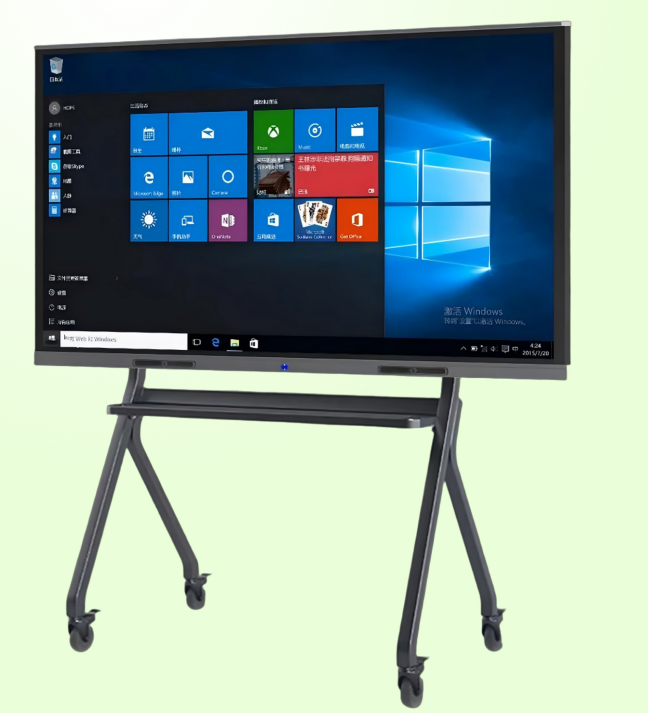Sep. 18, 2025
Infrared all-in-one conference machines integrate digital infrared transmission technology, conference presentation, and audio processing, aiming to
provide clear, secure, and flexible audio solutions for various conference scenarios. Below, we'll outline their core features, application scenarios, and
some selection recommendations.

How an infrared all-in-one conference system works
The core of an infrared all-in-one conference system is digital infrared audio transmission and control technology. It digitally encodes and modulates
audio signals, then transmits them wirelessly via infrared light waves. Upon receiving the infrared signal, the receiver decodes and demodulates it,
restoring it to the audio signal. Due to the characteristics of infrared light, signal transmission is stable and highly confidential.
Purchasing Considerations
When selecting an infrared all-in-one conference system, you should focus on the following:
1. Meeting room size and layout: Confirm the device's effective transmission range (for example, some products maintain good communication within
20 meters or 35-40 meters) and the infrared transceiver's coverage angle (some products offer an ultra-wide reception angle, such as 270°) to ensure
comprehensive coverage.
2. Functional requirements: Determine whether expanded functions such as voting, simultaneous interpretation, paperless conferencing, or camera
tracking are required.
3. System compatibility and integration: If interoperability with existing audio and video systems (such as sound reinforcement and recording) or
other conferencing systems (such as paperless systems) is required, confirm compatibility and interface compatibility.
4. Device Management and Battery Life: Understand the microphone's battery life and charging method (whether it supports centralized charging
management). For large conference rooms or frequent use, convenient charging management can improve efficiency.
5. Sound Quality and Confidentiality: While infrared devices generally offer good sound quality and strong confidentiality, there are still differences
between brands and models. If possible, refer to technical specifications (such as frequency response and signal-to-noise ratio) or conduct a
hands-on audition.
6. Installation and After-Sales Service: Determine the installation complexity and whether the vendor can provide professional installation, reliable
technical support, and after-sales service.
Potential Limitations
While all-in-one infrared conferencing devices are desirable, they also have specific usage requirements:
· Pay attention to the lighting environment: Strong direct sunlight or certain high-frequency driven light sources may interfere with infrared signal
reception. However, many modern digital infrared devices (such as TAIDEN) are well-resistant to such interference.
· No obstruction: Infrared transmission relies on line-of-sight. Avoid large obstacles directly blocking the receiver and transmitter.
Summary: This all-in-one infrared conference system is ideal for environments requiring high-quality audio clarity, confidentiality, mobility, and ease
of installation. It performs well in multi-purpose halls, conference rooms, classrooms, and other settings across education, government, business,
and healthcare.
Previous Infrared conference all-in-one machine
Next Infrared touch frame
+0086 755 21042870
+0086 755 2822 5493
Shenzhen Company: 5/F, Building 211, Tairan Science Park, Tairan 4th Road, Shatou Street, Futian District, Shenzhen(518040), China.
Dongguan Factory: 2/F, Building D, Fulin Industrial Park, Weixi Road, Dalingshan Town, Dongguan City(523831), Guangdong,China
NAVIGATION
REQUEST A QUOTE